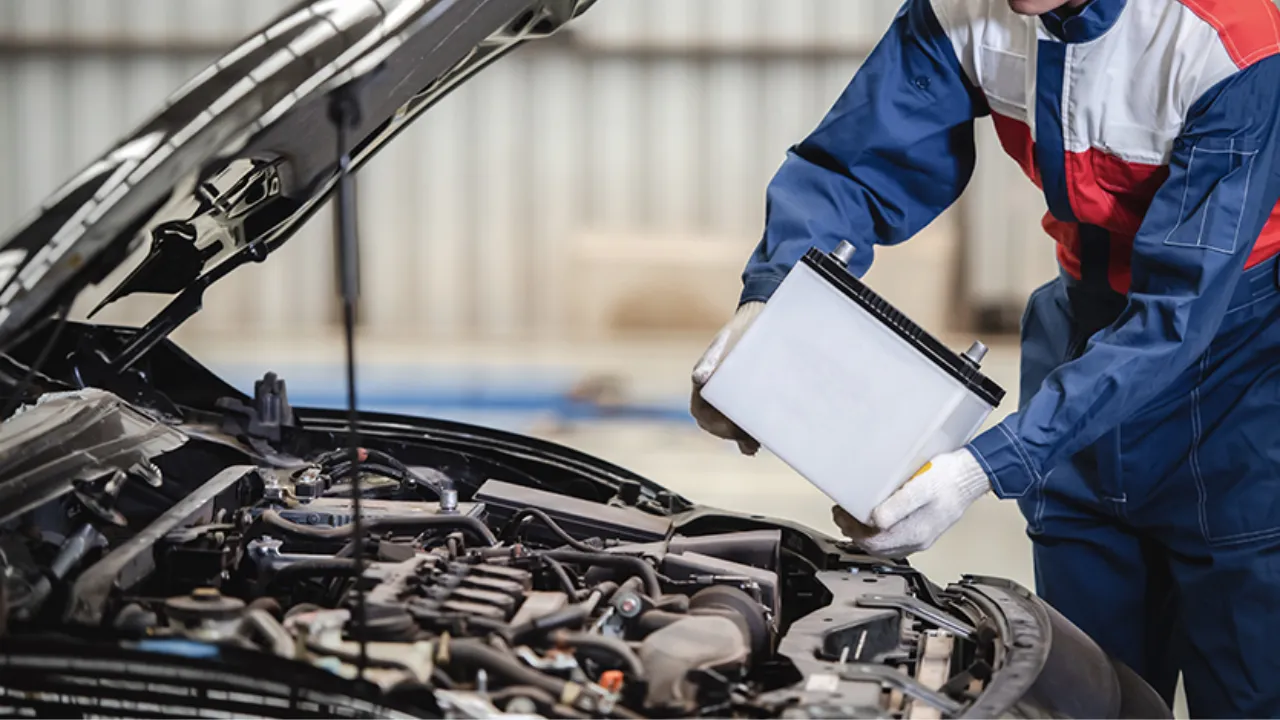If you have recently jump start your car, it implies that your car battery has died. Once in a while, you could find yourself in this situation and think of replacing your battery, which is a rather common concern. You may wonder, however, do I really need to purchase a new one or can I still use my battery? Therefore, you might question:
Do I need to replace my battery after a jump start? Usually, as long as you haven’t run your car into the ground, there isn’t a lot of reason to. For example, if you managed to jump-start your vehicle and it runs afterwards, you ought to be good without replacing it.
But, if you had to leave the car running for 30 minutes and still needed to jump-start it the next day, then you might have to consider replacing the battery.
Do I Need to Replace the Battery After Jump Start?

In any case, replacing the battery for a car isn’t something that needs to be done frequently at all. You can afford not to get a replacement right away even if your car hasn’t been used in some time.
In some cases, you might consider looking to buy a new battery if the running the car scenario happens more than once. Other than that, there’s absolutely no reason to purchase a new battery as jump starting your vehicle doesn’t automatically mean you need to replace the battery.
In the case of a car battery, it can last for a period only if the alternator keeps on charging it after being jump started. If the battery goes beyond five years, it is recommended to change to a new one, otherwise it would cause problems in the future.
There is a possibility of reviving the battery after a jump, but this does not change the fact that once the battery dies due to whatever problems, it is almost impossible to restore. Therefore, the ideal solution is to change the battery before it starts causing more problems.
How Long Does a Battery Last After a Jump Start?
When a car battery is jump started, it can last only for a short period of time and only if the alternator is able to keep charging it. The action of jumpstarting a vehicle signals a depletion of battery reserves and will therefore the battery will require to be recharged.
A car’s alternator is a mechanical device used for transforming mechanical power into electricity, which is the easiest and most effective way to recharge a car battery’s reserves.
An alternator functions every time the engine is on. It creates a modicum of power (electricity) from the engine’s output and gives some power to the battery to aid in the next startup.
Essentially, the battery can last for some time if the car alternator works to keep charging the battery. If the alternator malfunctions, the vehicle will run for a short period. And it will drain much faster if electrical components are used.
If you want to charge your car battery quicker, you can do so by limiting the electricity consumption of your car. You can do so by switching off the air conditioning, the stereo, and even the lights.
5 Signs Your Car Battery Needs to be Replaced.
Here are a few signs of a dying car battery:
1. Car Struggling to Start
Does your engine take longer to crank than it should? Do the lights flicker or do you hear an unusual sound when you turn the ignition key? All of these are signs and symptoms of your battery dying.
To avoid this issue, it is better to take your vehicle to an expert who can run a starting system diagnostic or replace the battery.
2. Flickering/Dimming Lights
This symptom is closely associated with a battery which needs to be replaced. The interior car lights may be dimmer than normal or they may flicker while starting the vehicle or when the vehicle is idling.
3. Dashboard Warning Light
Wouldn’t telling people that they need to change the battery be a lot easier if cars could do it? Luckily for all car users, most cars have this feature. The battery sign on your dashboard is meant to light up when it detects an issue with the battery or starting motor.
When no other approaches work, approximating the replacement date based on the battery’s age will offer help as well. A car battery usually lasts on average up to 3 years. Your battery brand, vehicle type, area climate, car maintenance, and driving habits can affect this.
4. Electrical Malfunctions
If you’re experiencing bizarre problems with electronics like power windows or door locks working intermittently, there may be a more serious issue at hand. These issues might involve your battery or some fault within the wiring that requires professional attention.
5. Corrosion
Driving the car is not the only way to monitor things. An inspection of the battery can be insightful. If there is excessive leakage or corrosion around the batteries, it could lead to alarm.
In impartiality, the last thing someone wants is to experience a dead car battery at an inconvenient location. Conducting a battery test is worth the effort if there are signs of fatigue.
Summary
In the case above, you do not need to change your car battery after a jumpstart. If there is no further need for jump starting the battery while driving, there is no need to change the battery after a jump start.
In case the battery keeps failing with issues, that is the only case when the battery will need changing. Generally, a jump start does not harm or damage a battery; in fact, it allows the battery to recharge when the engine is started.
As stated earlier, if there is no issue with the alternator or engine, the battery does not need replacing unless the battery is faulty.